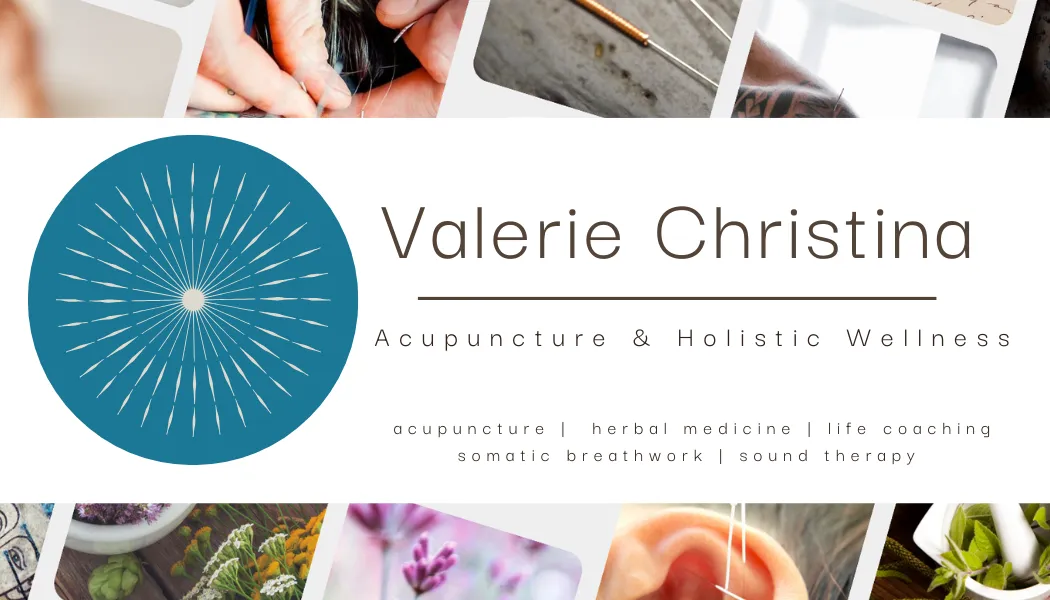
Holistic health through somatic wisdom
Schedule Your Session
welcome to your healing journey
Welcome! Whether you’re here for your first appointment or returning for ongoing care, this space is designed to guide you to the right next step.
I offer both in-person and virtual sessions to support your healing through acupuncture, herbal medicine, sound therapy, somatic breathwork, and transformational coaching.
Please select the option below that best describes you so we can ensure you’re booked correctly and receive the care you need.

Let's Get Started!
New Clients Start Here
First time working with me? Let’s begin with the right intake and a session tailored to you.
All new clients must complete their intake form prior to their session so we can begin with clarity, safety, and support.
Initial Acupuncture Intake
Initial TCM Herbal Medicine Intake
Initial On-Body Sound Therapy
First-Time Life Coaching & Discovery Call
Initial Tuning Fork “No Needles” Session
Let's Continue...
Returning Clients
Welcome back! Continue your care by selecting a follow-up session or service you’ve previously experienced.
Acupuncture Follow Up Sessions
TCM Herbal Medicine Formula Consultation
On-Body Sound Therapy
Emergence Life Coaching
Tuning Fork “No Needles” Sessions
Root + Rise Signature Sessions
Frequency + Flow Signature Sessions

Subscribe To My Newsletter
Stay connected and inspired.
Services
Acupuncture
Life Coaching
Somatic Breathwork
Sound Therapy
TCM Herbal Medicine
© Copyright 2025. Valerie Christina Acupuncture & Holistic Wellness. All rights reserved.
Privacy Policy
Terms and Conditions
